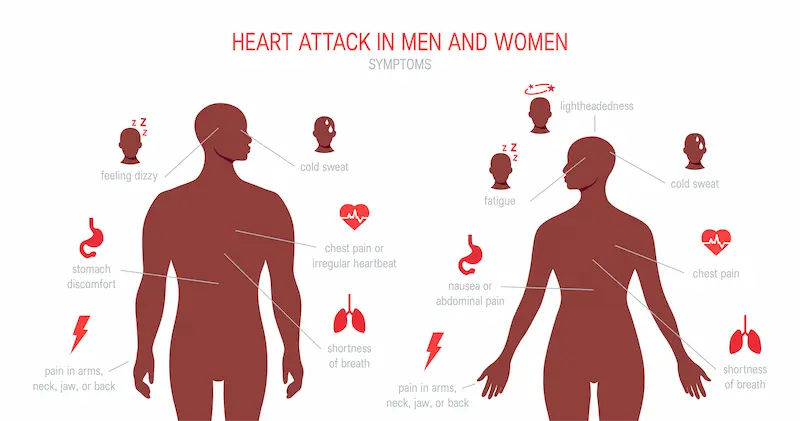- Male
- 25 Years
- 22/01/2025
I've been having chest pain and got a 2D echo, ECG, blood work, and an X-ray done. The doctor said everything looks normal, but I noticed some black marks on the left side of the diaphragm in the X-ray. Could you tell me what these might be? I'm a bit concerned.
More Cardiology Health Queries
View allI'm taking Navicard 5 mg regularly, as prescribed by my doctor. But recently, I've been having some mild chest pain, so I saw a cardiologist who prescribed Angizem CD 90 for my morning dose. He didnt mention anything about the Navicard though. Now I'm wondering, should I be taking both medications, or just one of them?
yes u can use it, visit ur physician for apprpropriate managent
Answered by 1 Apollo Doctors
I've been having trouble taking deep breaths for about a month now. It feels like there's pressure on my heart, and I can't get rid of this dry mouth, even though I'm drinking lots of water. My X-ray and thyroid tests came back normal. What could be going on? Is there something I should be worried about?
gastritis - take pantop 4 mg for 3 days
Answered by 1 Apollo Doctors
I'm really puzzled about my mom's test results. Her echocardiogram showed an LVEF of 40-45, but a recent cardiac MRI said it's just 25. This just doesn't seem right because she's not showing any serious symptomsno shortness of breath, no swelling in her legs or stomach. She goes about her day without any issues at all. Could there be an error with the cardiac MRI?
It is possible that there could be a discrepancy between the two imaging tests. However, it is important to follow up with your cardiologist to discuss these findings and determine the best course of action. In the meantime, medications like Carvedilol (Coreg) at a dosage of 6.25mg twice daily and Lisinopril (Zestril) at a dosage of 5mg once daily can be considered to help improve heart function.
Answered by 1 Apollo Doctors
Disclaimer: Answers on Apollo 247 are not intended to replace your doctor advice. Always seek help of a professional doctor in case of an medical emergency or ailment.




